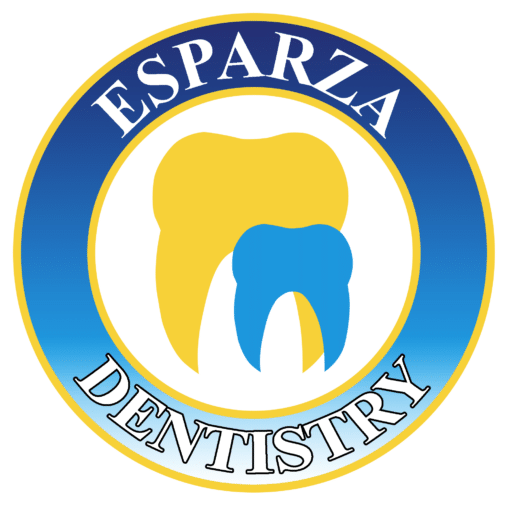From a young age, we learn that access often comes with conditions. At amusement parks, the signs are everywhere: You must be this tall to ride. At the movies: You must be this old to watch. But we grow up, and the signs disappear, but the rules don’t. They just change form. In medicine and dentistry, candidacy becomes a careful balancing act between what’s possible and what’s practical. Instead of measuring height or age, we measure blood pressure, bone density, and healing ability. The stakes are higher, and the outcomes last far longer than a two-minute ride. In tooth replacement, candidacy becomes a balance between what’s possible and what’s practical. You might start to wonder: Who is a candidate for mini dental implants? What determines that? And what happens when someone falls outside the usual guidelines?
Unlike the amusement park, there’s no simple height marker or clear rule to follow. Yet, in many cases, advancements in dental implant technology are rewriting those limits, creating new pathways for more people to restore their smiles with lasting solutions.
Traditional Implants vs. Mini Dental Implants: Are You a Candidate?
When exploring tooth replacement options, many patients start with dental implants, and from there, the path usually leads to one of two types: traditional implants or mini dental implants. Both restore missing teeth securely, yet their design and placement methods differ in meaningful ways.
Traditional dental implants measure about 5 millimeters in diameter and consist of three parts. The titanium post anchors into the jawbone, the abutment connects the post to the restoration, and the prosthetic tooth—such as a crown, bridge, or denture—completes the system. Because placement occurs in separate stages, treatment usually requires multiple visits but provides a durable, natural-looking result.
Mini dental implants are smaller, measuring less than 3 millimeters in diameter, and feature a single-piece design. The implant and abutment are fused together, eliminating the need for additional placement steps. We can insert them through a minimally invasive procedure that often takes just one visit. Their reduced size also makes them suitable for patients with lower bone density who may not qualify for traditional implants.
Both types restore stability and function, but mini dental implants often make care more accessible. What seems like a small design difference can significantly expand candidacy, allowing more people to receive lasting, reliable tooth replacement.
What if I Don’t Have Enough Bone for a Dental Implant?
Many patients are told they can’t get dental implants because they don’t have enough bone. But that is not always the end of the story. The jawbone needs regular stimulation from tooth roots to stay strong. When teeth are missing, that stimulation disappears. Over time, the bone in that area begins to shrink, weakening the jaw and limiting traditional treatment options.
Because standard implants require a certain amount of bone for support, patients with significant bone loss are often advised to undergo bone grafting or are told they are not candidates at all. Mini dental implants were specifically developed to address these challenges. Their narrow design makes it possible to secure implants in areas with reduced bone volume, often eliminating the need for grafting altogether.
Am I Too Old for a Dental Implant?
You’re never “too old” for dental implants. Studies, including one on frailty and mini dental implants published in the National Library of Medicine, show that age alone rarely prevents success. What matters most is overall health, bone condition, and the type of implant used. Mini dental implants, for instance, require less bone and involve a gentler placement process, making them especially suitable for older adults or those with medical complexities.
Instead of focusing on age, we evaluate factors such as healing ability, bone density, and medication use. In many cases, mini dental implants expand candidacy for individuals who may not qualify for traditional implants. With thoughtful planning with our team, age becomes less of a limitation and more of a reminder that restoring your smile is still entirely possible.
Find Out if You Are a Candidate for Mini Dental Implants
If you’ve ever been told you’re not a candidate for dental implants or if you’ve simply assumed you aren’t, now is the time to reconsider. Mini dental implants have opened the door for more people to receive care that is stable, lasting, and tailored to their needs. You don’t have to settle for limitations or live with discomfort.
Schedule a free consultation at Esparze Dentistry. A personalized assessment can uncover options you may not have known existed. Your smile, comfort, and confidence are worth exploring.

